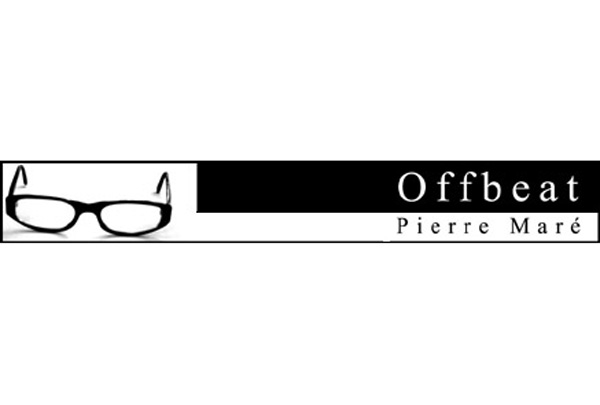
Imagination drives the world, only it is not appreciated by mundane learning

Neat handwriting ● gratuitous use of spurious rewards ● superhero origins, rock lyrics & revolutionary aeroplanes ● windows & underachievement ● the incredible distance between the front & back of a classroom ● how to become a corporate giant ● unfair reversal of an unkind stereotype ● lost potential & the potential for a better future
In an effort to mould young characters into whatever it was they thought was desirable, the teachers at my school used a system in which those who did well received good marks. As a reward for working your butt off, regurgitating facts, writing neatly, running faster and generally being a good kid, you used your marks to progress across a map of the world and become a shining example to a bunch of uncomprehending pre-adolescents. I sold my good marks, bought books and contented myself with the back of the class, literally and figuratively.
The back of the class is a forgiving place if you can ignore the barbed comments of a frustrated teacher. I still don’t understand photosynthesis or how a sentence is constructed in German, but I learned how to keep my mind busy with ideas, possibilities and dreams.
Yet ideas, possibilities and dreams are not the stuff that education is made of. An intimate knowledge of superhero origins, a detailed mental analysis of a popular lyric and the subsequent soul-shattering revelation or a sketch of an aeroplane that can land in a backyard doesn’t score the high grades, or any serious teacher’s bright approval. More’s the pity.
Those of us who found refuge at the back of the class and sent our minds and souls in flight, out of the window and into the bright day, were written off as underachievers and relegated to the status of ‘stupid’ on the playground. But time has turned the tide, at least on a few back rows that I can remember.
Those who sat at the front of classes I remember do not seem to have achieved any note in my mind. I suppose they became teachers or something. One became good renowned for her skills with make-up though. It would be fairer to pass this judgement on them if I could remember their names and faces, but they were too far away from me, and I can’t.
Many of those who shared the back of class with me seem to have gone elsewhere though. Some pulled themselves out of their academic torpors and became doctors. Others went on to become company directors and even owners. Once again the record is incomplete, though this time the achievements seem more noteworthy.
So there’s the unkind cut, an unfair, arbitrary generalization, albeit reversed this time. Those who sat at the front concentrated on learning what was taught to them, and those who sat at the back schemed and dreamed. The former seem to have sunk into some mundane oblivion and the latter seem to have pushed their way forward, defying the shallow categorization of stupid underachievers. If there is anyone who defies this faulty logic, my apologies and please let me know. No, on second thoughts don’t. I’m still dreaming.
This particular classroom scenario is a metaphor for life: you get those who do entirely what they are supposed to do, on time, in the right way, dressed neatly with short hair and paid up dog licenses. And then you get the other, less desirable sort, who spends his or her time ignoring what is expected of him or her, and waiting for an opportunity to come along. And the use of this opportunity will always come as a surprise to those who do what society expects of them.
People want predictability the way a kid burns up in anticipation of a new toy. A state of predictability is comforting and there are no surprises, particularly the unpleasant kind. Most people suppress their imaginations, having been taught that to dream is unproductive. Yet out of dreams come tomorrow’s comforts.
It’s time to reassess imagination, and perhaps begin to take concrete steps to harness it. There should be careers for imaginative people outside of the arts or waiting on tables.
There may be a better type of engine out there, a cure for HIV AIDS or yet another gadget without which everybody will one day believe they could never live. However until we take concrete steps to recognize the power of imagination and promote it from the back of the class, we will never know if any of it is possible, or even if it will ever happen.












































